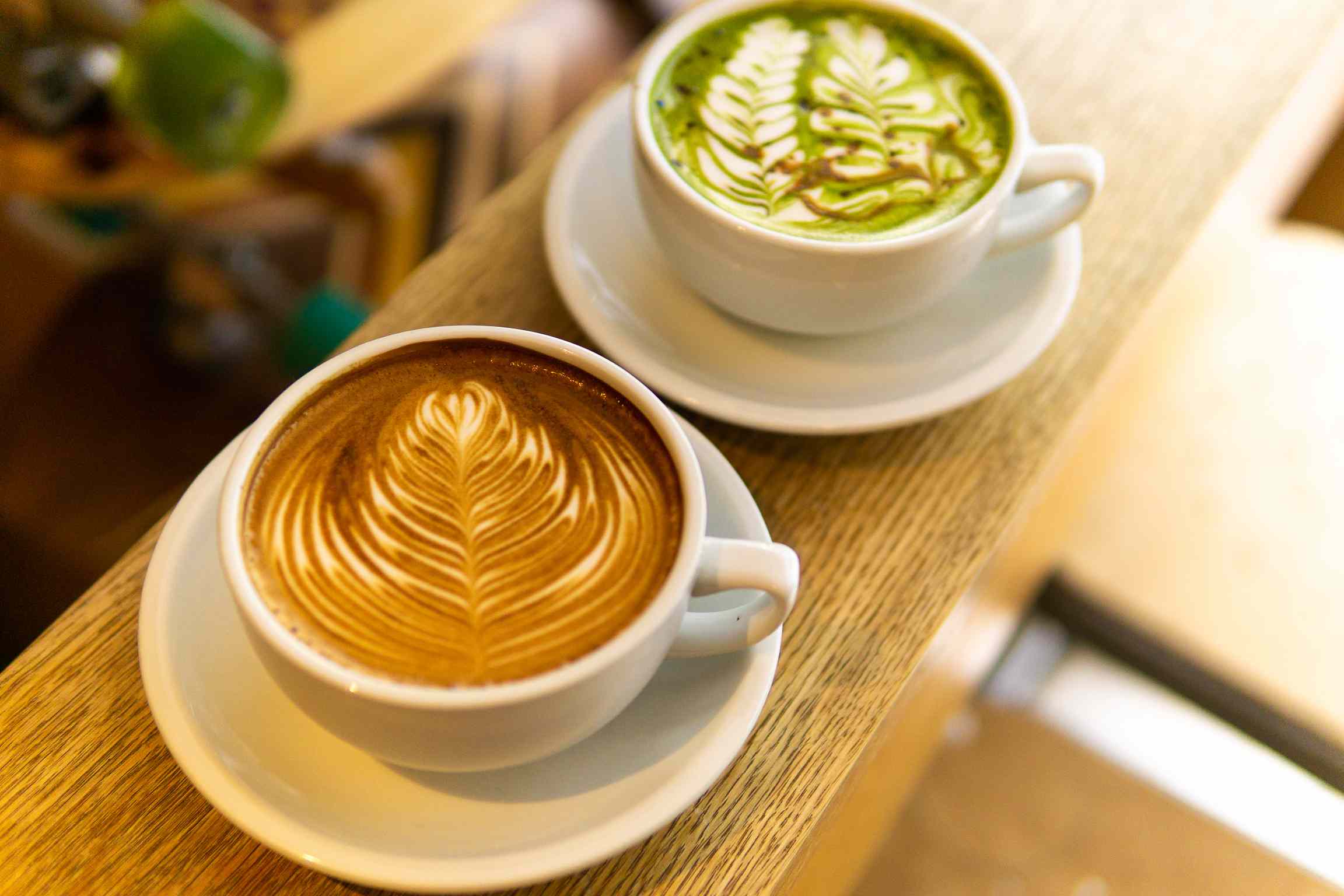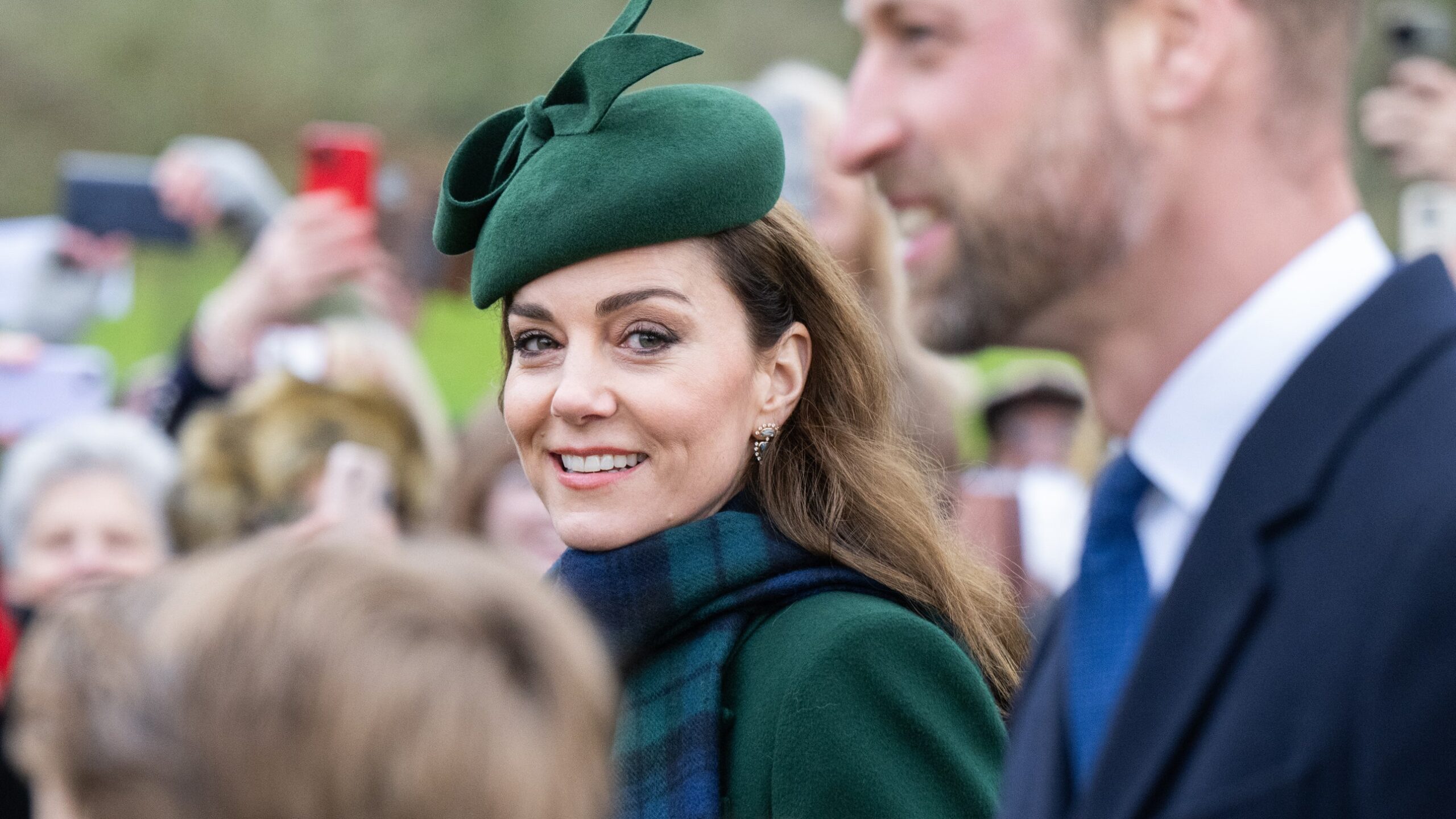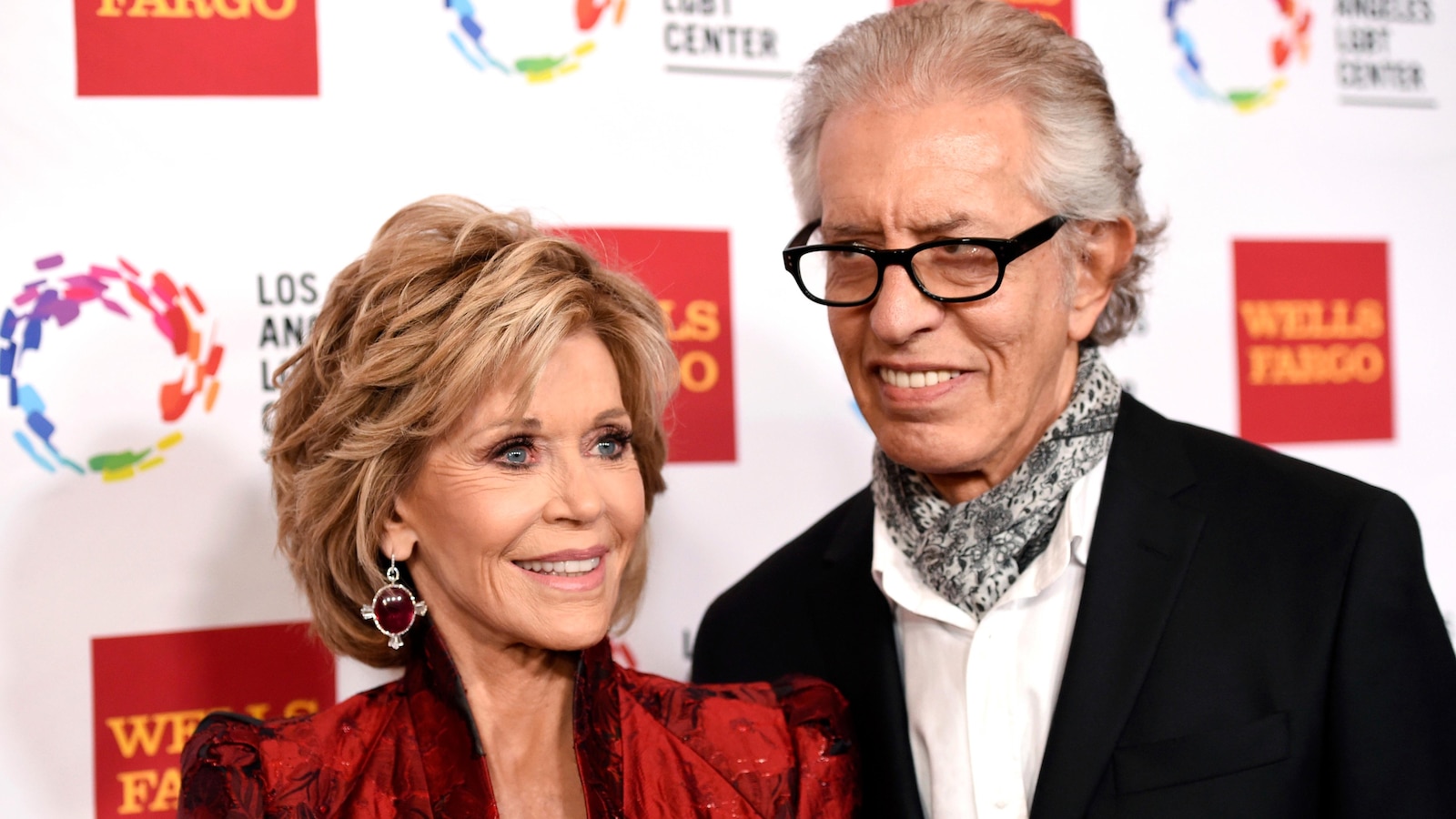
:max_bytes(150000):strip_icc():format(jpeg)/health-GettyImages-1381965647-ba47d332242f4c3fafa2422aac1ee80b.jpg)
As matcha rises in popularity, you may have considered swapping coffee for matcha as your go-to caffeinated drink. Matcha is an earthy beverage made from powdered green tea whisked into hot water or milk. This high-quality tea has a distinct flavor and is rich in antioxidants and amino acids linked with numerous health benefits like preventing cancer and improving cognitive function.
Coffee is also full of antioxidants, and about half of adults in the United States enjoy this beverage daily to fight fatigue. Studies show drinking coffee may help prevent inflammation, type 2 diabetes, and depression.
Both matcha and coffee have health benefits, but which one is better for health? Read on to learn more about the benefits of matcha and coffee, their similarities and differences, and which one is better for health.
Coffee is a good source of antioxidants and caffeine. It’s a particularly good source of an antioxidant called chlorogenic acid, which can reduce inflammation and positively alter blood sugars and lipids. In turn, it may help prevent or manage inflammation and cancer.
Drinking coffee—caffeinated or decaf—is associated with lower rates of type 2 diabetes. One study found that diabetes risk decreased by 6% for each additional cup of coffee consumed. This could be related to coffee’s antioxidant content, inflammation-reducing properties, and beneficial impacts on the gut microbiome.
Other studies have found that drinking coffee is linked with a lower risk of Parkinson’s disease. This could be because coffee reduces the misproduction of a protein implicated in the development of Parkinson’s.
Coffee may also benefit brain health. For example:
- One study found that drinking coffee with or without tea is linked to a lower risk of dementia after a stroke.
- One study found that drinking coffee is linked with lower rates of depression. Specifically, participants in the study who drank around 400 milliliters (mL), or about 1.5 cups, of coffee per day had the lowest rates of depression.
- One study found that each additional cup of coffee consumed was linked with an 8% lower risk of depression.
Matcha is another caffeine-containing, antioxidant-rich drink. It’s full of antioxidant compounds called polyphenols, especially a type of polyphenol called catechins. Catechins help reduce levels of harmful compounds known as free radicals that are linked to several chronic diseases.
Studies show that increasing your intake of a catechin in matcha called epigallocatechin gallate (EGCG) may help prevent colorectal cancer, gallbladder cancer, and biliary duct cancer.
Drinking matcha may also help promote cognitive function. One study found that daily consumption of matcha tea improved cognitive functioning among elderly women but not men. Plus, matcha’s caffeine and theanine (an amino acid) content may help increase dopamine and serotonin receptors to decrease anxiety and improve memory.
Another study found that drinking matcha tea improved markers of metabolic health in higher-weight participants. Specifically, participants in the matcha tea group had increased high-density lipoprotein (HDL) cholesterol (“good” cholesterol”), decreased blood glucose levels, and increased IL-10—an anti-inflammatory cytokine.
Some studies show that matcha may also help reduce depression. A recent study in mice found that matcha tea powder has an antidepressant effect by activating certain parts of the brain’s dopamine system.
Although there aren’t human studies on matcha’s direct effect on depression, a recent human study found that green tea consumption was linked with lower rates of depression in postmenopausal women, potentially through reducing inflammation and increasing estradiol (the most potent form of estrogen) levels.
Matcha has a caffeine content between 18.9–44.4 milligrams (mg) of caffeine per gram (g) of matcha. Coffee’s caffeine content is between 10–12 mg/g.
Even though matcha has more caffeine per gram, it’s often prepared using 2 g, so the caffeine content is about 38–89 mg per serving. Meanwhile, one cup of coffee often provides 80–100 mg of caffeine. For reference, the U.S. Food and Drug Administration (FDA) recommends that healthy adults limit caffeine intake to no more than 400 mg per day.
Despite similar caffeine levels, Matcha also doesn’t have the same excitable effect as coffee. Researchers believe this is because of matcha’s theanine content—an amino acid found in green tea. Theanine has been shown to reduce stress and may counter the jittery feeling caffeine can cause.
Studies examining caffeine and theanine’s effects on cognitive function have found that caffeine alone boosts response time, but matcha improves productivity and focus.
Matcha and coffee share many similar benefits, largely due to their antioxidant content and caffeine, but they also have several differences. For example, matcha tends to be slightly less acidic than coffee. Coffee’s pH ranges from 4.85–5.13, while matcha has a pH of about 5.58–5.94.
Here are some other similarities and differences.
Antioxidant Benefits
Matcha and coffee are both rich sources of a type of antioxidant called polyphenols, but they’re each higher in different types of these antioxidants. The main type of polyphenol in matcha is catechins, while the main one in coffee is chlorogenic acid.
Thanks to these antioxidants, both beverages may help prevent cancer, diabetes, and inflammation. They help neutralize harmful free radicals that cause oxidative stress, which is linked with several chronic diseases.
Caffeine Effects
Both coffee and matcha contain caffeine, which can combat fatigue and improve athletic performance. Research shows caffeine can boost exercise performance in doses of 3–6 mg per kilogram (kg) of body weight when consumed about 60 minutes before exercise. Studies on both matcha and coffee have found that the beverages reduce fatigue during physical activity.
Matcha tends to be lower in caffeine per serving than coffee, so you can enjoy more cups per day before reaching the recommended daily caffeine maximum of 400 mg. Plus, matcha’s theanine and lower caffeine content may help prevent unpleasant anxiety or jitters you may experience from coffee.
Mental Health Effects
Drinking either coffee or tea, or both in combination, has been linked with a lower risk of stroke and dementia.
Studies on both matcha and coffee show benefits for cognitive function, but in slightly different ways. Caffeine alone, such as from coffee, benefits response time, but matcha improves productivity and attention, likely due to its theanine content, which has anti-stress effects.
Although drinking coffee and tea have both been linked with lower rates of depression, the relationship is stronger for coffee.
Because matcha contains both theanine and caffeine, it can improve productivity more than caffeine alone from coffee. Plus, theanine in matcha has anti-stress activity that may prevent the jittery or anxious feeling some people get from coffee.
However, coffee has been shown to be more effective at reducing symptoms of depression, and its higher caffeine content may fend off fatigue more than matcha alone.
Both coffee and matcha may trigger symptoms of acid reflux because of their caffeine content and acidic pH. However, matcha is slightly less acidic and has less caffeine than coffee, meaning it might be easier on your stomach than coffee.
Matcha and coffee are both health-promoting beverages when enjoyed in moderation. However, matcha may better suit you if you have a low caffeine tolerance or acid reflux.
Coffee and matcha are both fatigue-fighting beverages rich in antioxidants that can help prevent chronic diseases.
However, if you have acid reflux or get jittery or anxious from coffee, try matcha. It’s less acidic, has less caffeine, and contains theanine, which has stress-reducing effects that can prevent the excitability coffee can cause. It may also lead to less symptoms of reflux.







